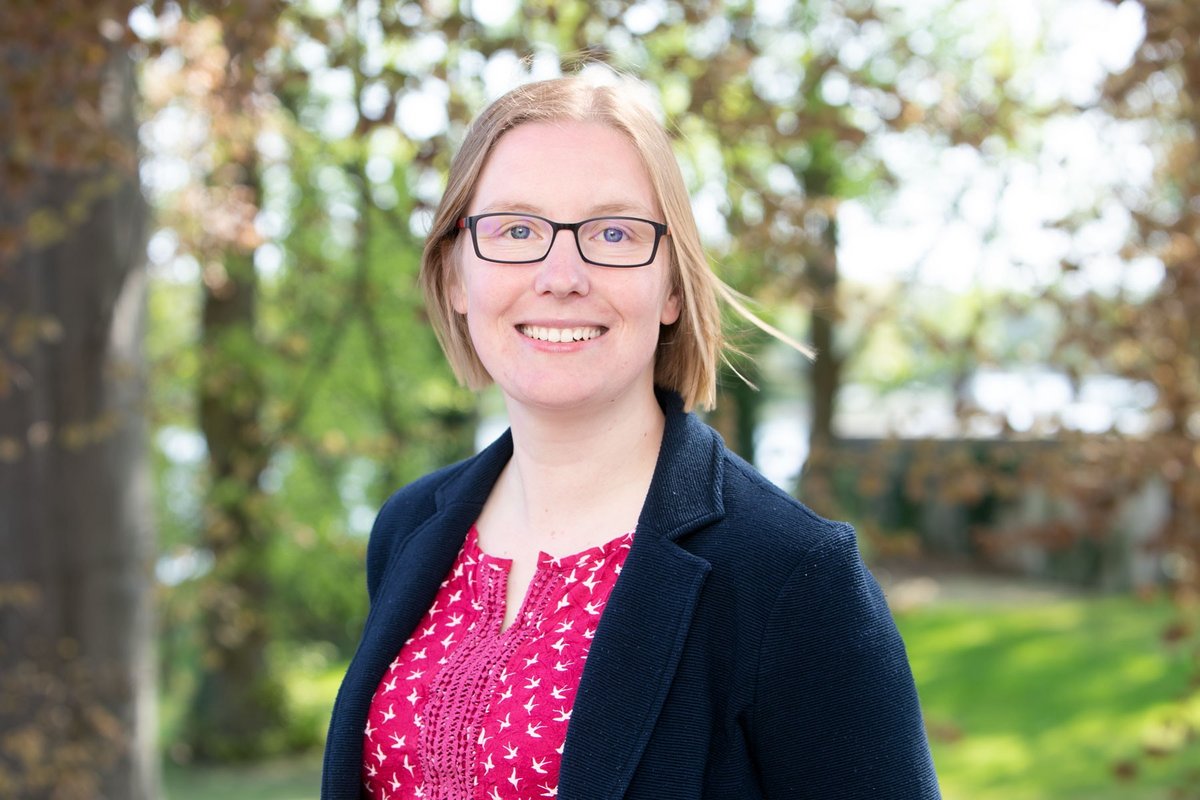Identity-forming places of education, technology and culture for new bridges between science and society
The German Centre for Astrophysics (DZA) is a new large-scale research centre in the heart of Europe - in the border triangle of Germany, Poland and the Czech Republic. In a unique combination of cutting-edge research in astrophysics, digitalisation and technology development, the DZA will not only conduct internationally visible research, but will also be a driver of innovation for Lusatia - a region in transition following the phase-out of lignite.
The Einstein Telescope (ET) - a planned European gravitational wave observatory for which Lusatia is currently being examined as a possible location - also plays a special role. Its location would secure Germany a central place in the next generation of basic research and create long-term impetus for science, infrastructure and regional development.
The lecture will present the basic idea and goals of the DZA, as well as current developments and strategic considerations surrounding the Einstein Telescope - as identity-creating places of education, technology and culture that can be used to build new bridges between science and society.
Venue
Hörsaal C
Zentralcampus
BTU Cottbus-Senftenberg
Platz der Deutschen Einheit 1
03046 Cottbus

